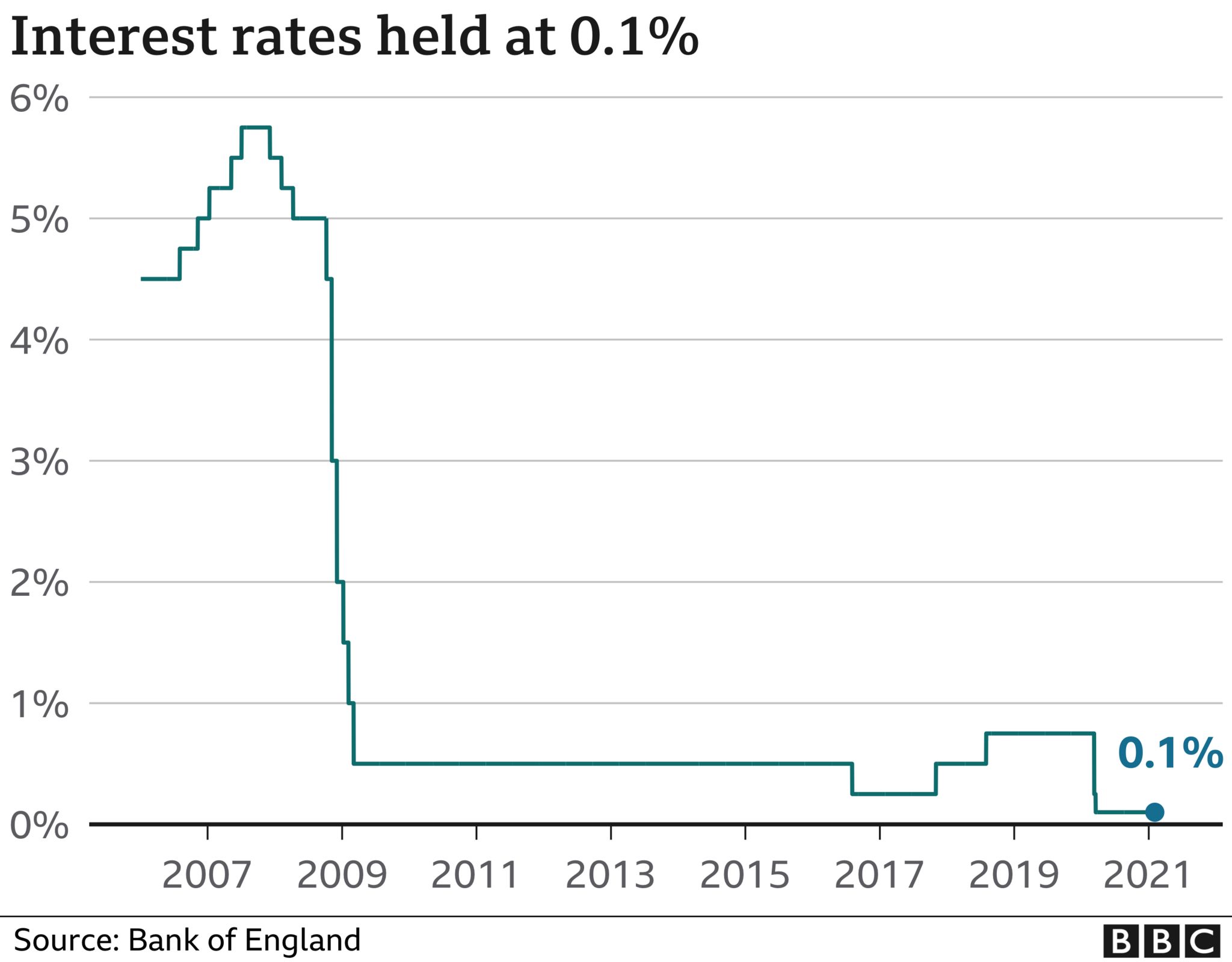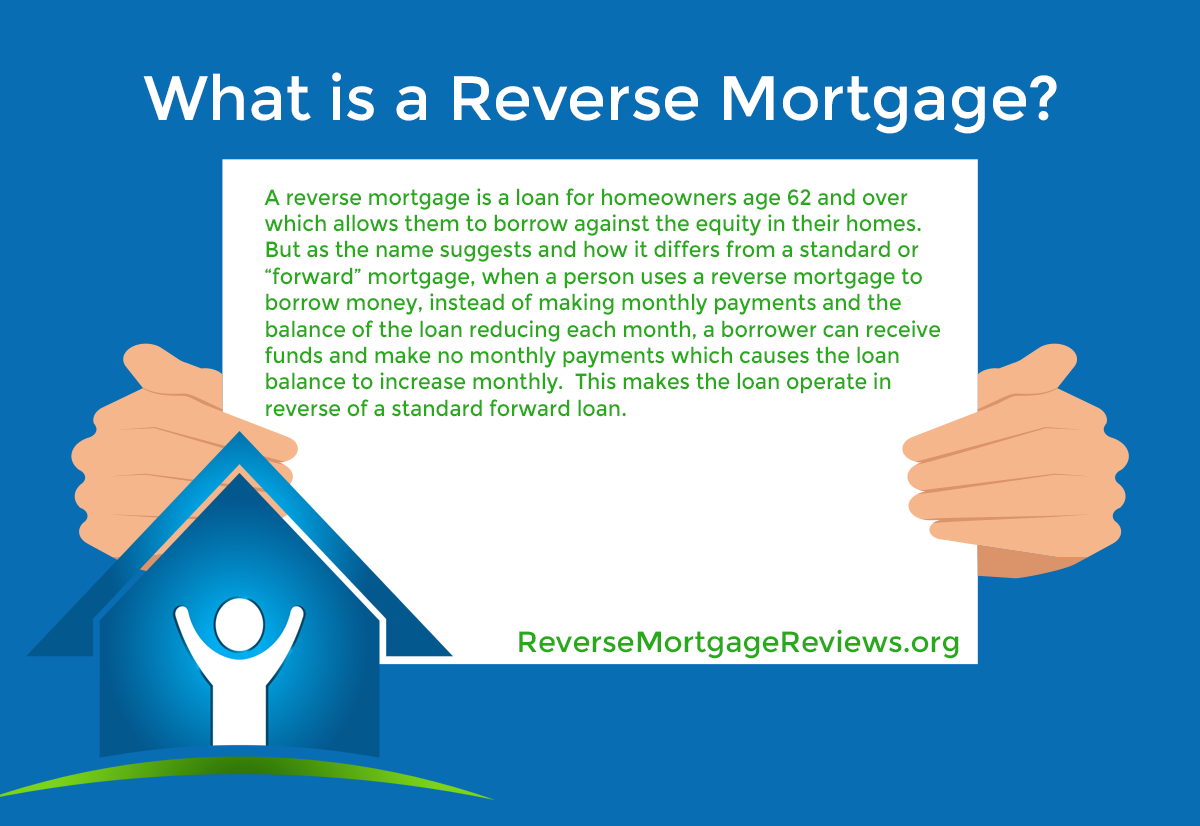Getting a reverse home loan is a huge choice, because you may not have the ability to leave this loan without offering your home to pay off the debt. You likewise require to thoroughly consider your alternatives to prevent consuming all the equity you have actually constructed up in your home.
Reverse home loans typically are not utilized for getaways or other "fun" things. The truth is that a lot of customers use their loans for instant or pressing monetary needs, such as paying off their existing mortgage or other financial obligations. Or they might think about these loans to supplement their month-to-month income, so they can manage to continue living in their own house longer. Adjustables have five payment choices: Set month-to-month payments so long as you or your eligible spouse stay in the home Set regular monthly payments for a fixed period Undefined payments when you need them, up until you have actually exhausted your funds A line of credit and set month-to-month payments for as long as you or your eligible partner live in the house A credit line and set monthly payments for a set duration of your choosing To use for a reverse home mortgage, you need to meet the following FHA requirements: You're 62 or older You and/or a qualified spouse who need to be called as such on the loan even if she or he is not a co-borrower reside in the house as your primary house You have no overdue federal debts You own your house outright or have more info a significant amount of equity in it You attend the necessary counseling session with a home equity conversion home loans (HECM) counselor approved by the Department of Housing and Urban Development Your house satisfies all FHA property standards and flood requirements You continue paying all real estate tax, house owners insurance and other family upkeep costs as long as you live in the house Prior to releasing a reverse mortgage, a lending institution will examine your credit rating, validate your monthly earnings versus your month-to-month monetary responsibilities and purchase an appraisal on your house.
Almost all reverse home loans are provided as house equity conversion mortgages (HECMs), which are insured by the Federal Housing Administration. HECMs feature stringent loaning guidelines and a loan limit. If you believe a reverse mortgage may be right for you, discover an HECM therapist or call 800-569-4287 toll-free to find out how much is a timeshare more about this funding option.
A reverse mortgage allows homeowners, especially those who are of retirement age, to obtain versus the equity in their homes. One benefit of a reverse home loan is that loan providers don't typically have minimum income or credit rating requirements, which can assist house owners aiming to cover living costs. However a reverse home mortgage features a number of drawbacks, such as in advance and continuous expenses, a variable rate of interest, an ever-rising loan balance and a decrease in home equity.
As its name recommends, a reverse home loan is the opposite of a conventional home loan. With a reverse home loan, you do not borrow cash to buy a house; rather, you use the equity of your home to get a loan. A reverse mortgage is meant for house owners who have settled their mortgage or who have actually collected a great deal of home equity.
One of the advantages of a reverse home loan is that lending institutions characteristically do not enforce income or credit requirements. Proceeds from a reverse home loan are generally tax-free, and not a penny of the loan requires to be repaid if the borrower remains in the home, pays real estate tax and property owners insurance coverage, and covers upkeep costs.
The smart Trick of How Do Reverse Mortgages Really Work That Nobody is Discussing
Those scenarios set off the requirement for you, your partner or your estate to pay back the loan. 3 sort of reverse home loans are offered: Single-purpose reverse home loan: These loans, available from government agencies and not-for-profit groups, are developed for just one function described by the loan provider. For circumstances, someone might use earnings from a single-purpose reverse mortgage to take on a house improvement job or pay residential or commercial property taxes.
Exclusive reverse mortgage: Exclusive reverse home mortgages, available from private lending institutions, use more versatility than single-purpose reverse mortgages. Unlike single-purpose reverse home mortgages, exclusive reverse home mortgages generally don't included constraints on how you can invest the earnings. This option can be particularly appealing to owners whose homes bring high values and who want to obtain a substantial amount of cash - how do buy to rent mortgages work.
An HECM, insured by the Federal Real Estate Administration (FHA), is the most typical kind of reverse home mortgage. Since 2020, the HECM borrowing limitation was $765,600. Although earnings from an HECM can be utilized for any purpose, some homeowners might not certify due to particular limitations. These loans are offered only to homeowners who are at least 62 years old.
Those include:: Similar to a standard home mortgage, a lending institution usually charges a number of costs when you secure a reverse mortgage. Those can consist of a home mortgage insurance premium, an origination cost, a maintenance cost and third-party charges. For an HCEM, the initial home mortgage insurance coverage premium is 2% of the loan amount; on top of that, you'll pay a yearly home mortgage premium of 0.


You'll likewise pay an origination charge of $2,500 or 2% of the first $200,000 of your house worth (whichever is greater), plus 1% of the quantity exceeding $200,000; origination fees can not go beyond $6,000.: Most reverse home loans have variable rates of interest, meaning the rates of interest that determines how much is added to your loan balance every month fluctuates throughout the life of the loan.: Interest paid on a reverse home mortgage can't be deducted on your yearly income tax return up until the loan is paid off.: A reverse home mortgage can siphon equity from your home, resulting in a lower asset value for you and your heirs.: If your house isn't in great shape, you might require to make repair work prior to you can receive a reverse mortgage.: Aside from when a house owner dies or moves out, the reverse mortgage loan might need to be paid back faster than anticipated if the owner stops timeshare termination team working to pay real estate tax or homeowners insurance coverage, or if the owner isn't staying up to date with house maintenance.
In addition to its drawbacks, there are 3 examples of when a reverse mortgage might be completely out of the concern: You wish to move fairly soon. Timing is essential when it comes to getting a reverse home mortgage. If you're seeking to transfer in the next couple of years, it may not be smart to saddle yourself with a reverse mortgage.